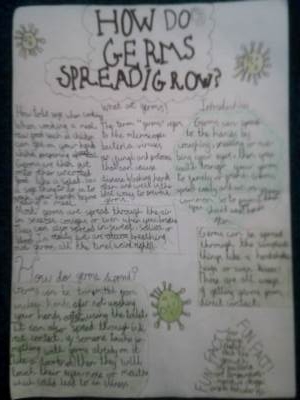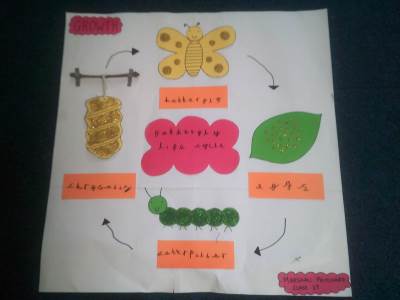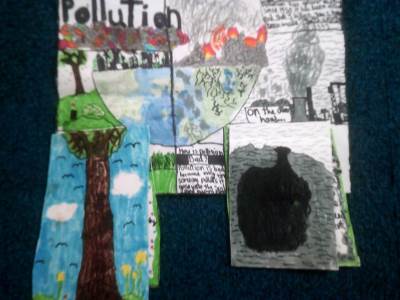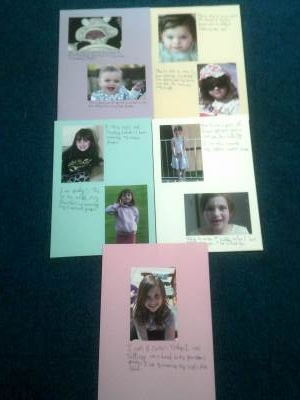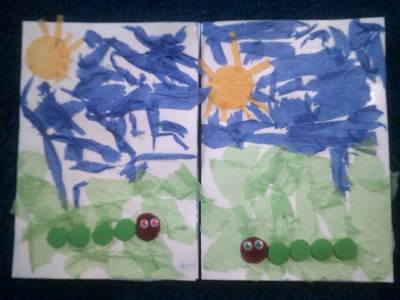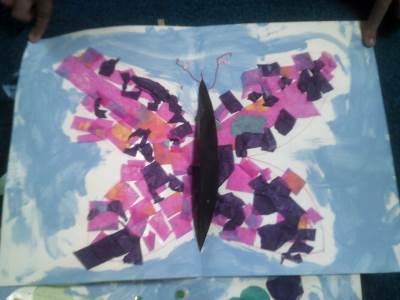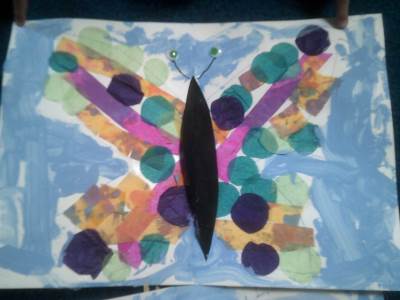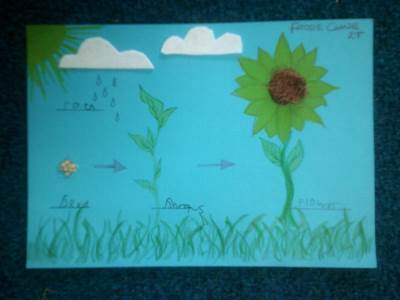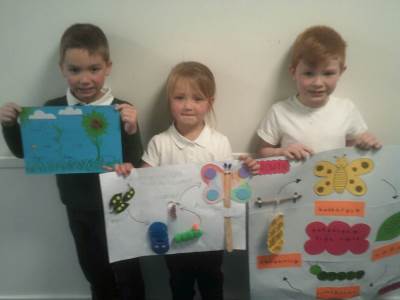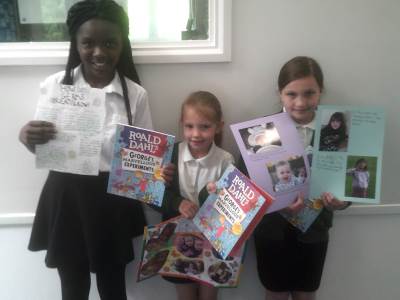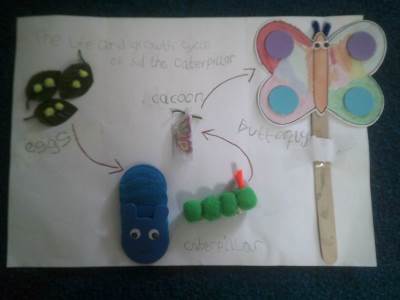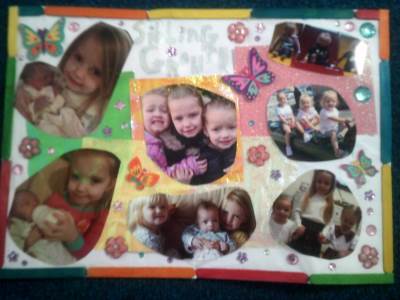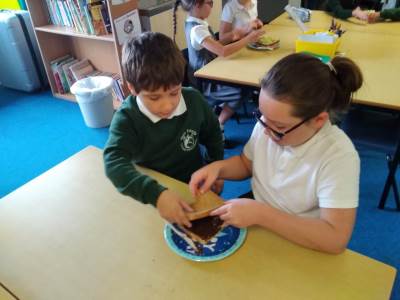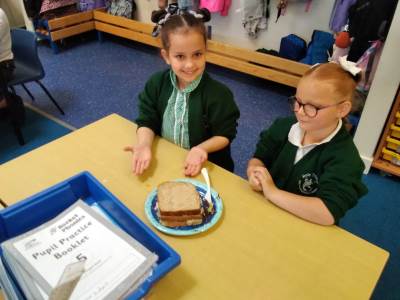Science
HTPS Science Curriculum offer provides full coverage of the primary science programmes of study. We use the scheme ‘Grammarsaurus’ to provide access to all subject knowledge and working scientifically objectives in a range of contexts to support the embedding of these concepts and skills.
Get started and let’s think like scientists
Each Unit has a ‘Get started’ opener which provides ideas for eliciting prior learning from previous activities as well as personal experiences at home and in the locality. ‘Let’s think like scientists’ provides questions to the teacher or supporting adult to ask to encourage critical thinking and research, thus extending and challenging the pupils.
Learning outcomes
The intention for each activity is clearly identified in the learning objective. This ensures that it is clear which skills and concepts are the focus for the activities. Our curriculum ensures progression through a coherent and carefully sequenced programme across the primary years. Our teachers have high and equal expectations for all pupils and our curriculum is ambitious for all pupils.
Relevant and meaningful
Our curriculum science contexts are meaningful because of the fact content is set in a range of interesting contexts that are relevant to the pupils. It ensures that pupils relate the science they are learning to their own lives as well as working with contexts in the wider world.
First-hand and practical
Practical activity is at the core of our curriculum. We encourage the development of pupils as independent learners who are curious and willing to ask and answer their own questions. Throughout the various units, we aim to develop approaches which scaffold pupils in asking a range of questions and making their own decisions about how to answer them using the five scientific enquiry activities.
Linked to developing pupil’s independence, we embed opportunities where pupils are challenged to reflect on their learning through discussing ideas with adults and their peers, thereby articulating their learning. Progressing pupil’s ability to communicate their understanding and explain their reasoning is central to primary science and so is a feature of our curriculum. We have an expectation that pupils should not only be able to talk about what they have been doing, but also why and what they have learned.
Examples of Science Learning
Key Curriculum Documents
